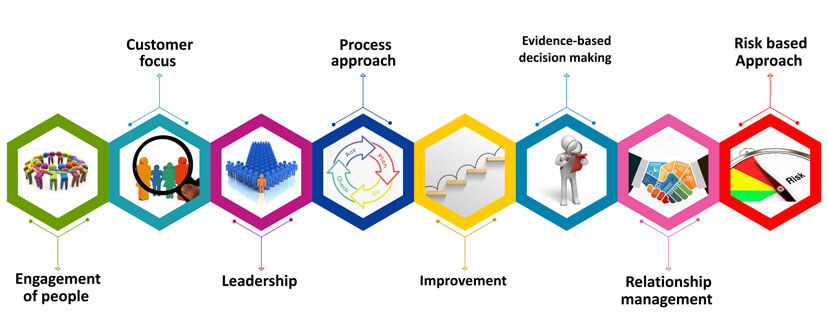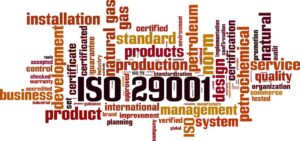Subtotal $0.00
- Home
- About Us
- Services
- MANAGEMENT SYSTEM CERTIFICATIONS
- ISO 9001:2015 QMS Certifications in Pakistan
- FSSC Certifications in Pakistan
- GDPMD Certifications in Pakistan
- ISO 22000:2018 FSMS Certifications in Pakistan
- ISO 37001:2016 ABMS Certifications in Pakistan
- ISO 14001:2015 EMS Certifications in Pakistan
- ISO 27001:2022 ISMS Certifications in Pakistan
- ISO 13485:2016 QMS-MD Certifications in Pakistan
- ISO 29001:2020 PPNMS Certifications in Pakistan
- ISO 39001:2012 RTSMS Certifications in Pakistan
- ISO 45001:2018 OH&SMS Certifications in Pakistan
- ISO/IEC 20000-1 ITMS Certifications in Pakistan
- GLP Certification in Pakistan
- GMP Certifications in Pakistan
- HACCP Certifications in Pakistan
- U.S FDA Registration for Food Facility in Pakistan
- MANAGEMENT SYSTEM CERTIFICATIONS
- Industries
- Certifications for Himalayan Rock Salt and Pink Salt in Pakistan
- Certifications for Medical Devices, Medical Instruments, Surgical Instruments
- Certifications for Oil & Gas Industries of Pakistan.
- Certifications for Public Sector in Pakistan
- Certifications for Solar Energy Solution Companies in Pakistan
- Certifications of Telecommunication Sector & Internet Services Providers in Pakistan
- Get Certifications for Food Industries & Food Products in Pakistan
- Get Certifications for Hospital Sector in Pakistan
- Get Certifications for Manufacturing Industries of Pakistan
- Get Certifications for Pakistan Railways in Pakistan
- Get Certifications for Pharmaceutical Industries in Pakistan.
- Get Certifications for Transport and Logistics in Pakistan
- Get ISO Certification for Defence Sector of Pakistan
- Certifications for Construction & Development Companies in Pakistan.
- Certifications for Education Sector in Pakistan
- Certifications for Himalayan Rock Salt and Pink Salt in Pakistan
- Certifications for Medical Devices, Medical Instruments, Surgical Instruments
- Certifications for Oil & Gas Industries of Pakistan.
- Certifications for Public Sector in Pakistan
- Certifications for Solar Energy Solution Companies in Pakistan
- Certifications for the Chemical Industry in Pakistan.
- Certifications of Telecommunication Sector & Internet Services Providers in Pakistan
- Get Certifications for Food Industries & Food Products in Pakistan
- Get Certifications for Hospital Sector in Pakistan
- Get Certifications for Manufacturing Industries of Pakistan
- Get Certifications for Pakistan Railways in Pakistan
- Get Certifications for Pharmaceutical Industries in Pakistan.
- Get ISO Certifications & FDA Registrations for your company today!
- Get ISO Certification for Defence Sector of Pakistan
- Get Certifications for Transport and Logistics in Pakistan
- Blog
- Contact us


